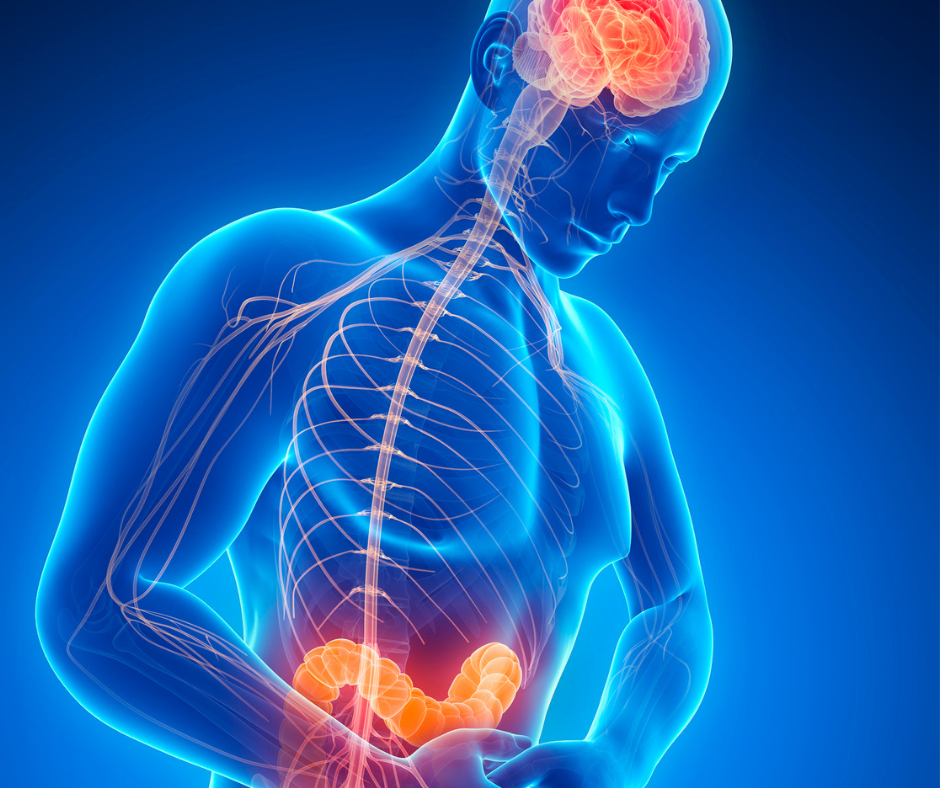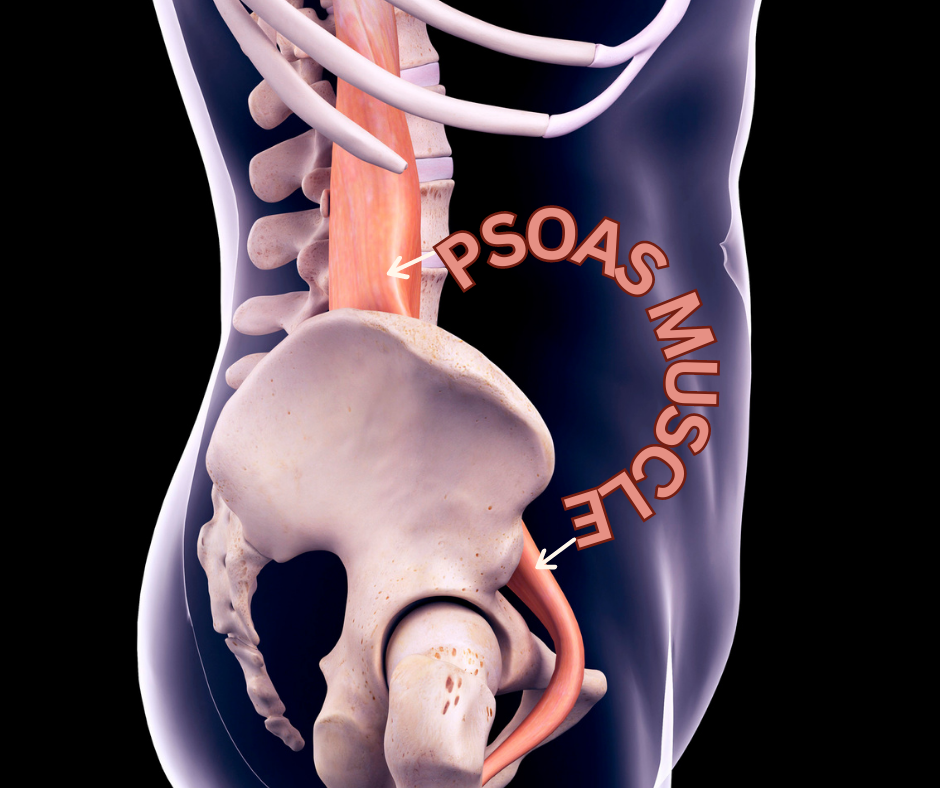Let’s talk about the Brain to gut connection:
The brain-gut connection is a vital part of our health and wellbeing.
Our digestive system is responsive to the way think, feel & act.
It’s an intricate web that helps to keep our gut functioning at an optimum level.
By understanding how the brain communicates with the gut and vice versa. We can better equip ourselves to manage our digestive health and promote wellbeing.
The brain-gut connection:
Is complex involving both physical & psychological pathways that are:
- In constant interacting with each other
- Effecting our moods
- Are stress levels https://www.nutritionalhealthenterprises.com/the-effects-of-stress-on-the-body/
- How we eat, what we eat, our approach to food can also affect our mental health. Which can all influence the way we digest our food.
When we’re feeling stressed or anxious. Our bodies produce hormones that can disrupt the delicate balance of our gut. Causing digestive issues such as bloating, constipation or abdominal pain.
The gut-brain axis:
The gut-brain axis is the two-way communication system between the brain & belly. This axis maintains the body’s state of steady functioning known as homeostasis. (1) Several components make up the gut-brain axis:
- The brain
- The nerves surrounding the gut (enteric nervous system)
- The Vagus Nerve https://bodymindcentre.com/news-2/vagal-breathing-technique/
- Gut bacteria (the microbiome) https://www.healthline.com/nutrition/gut-microbiome-and-health
- Hormones such as serotonin (2)
- Breathe more slowly (aim for six breaths per minute).
- Breathe more deeply, from the belly. Think about expanding your abdomen and widening your rib cage as you inhale.
- Exhale longer than you inhale.
Abnormal brain-gut communication can interfere with:
- The body’s ability to maintain homeostasis & lead to disease
- Disruption to the ENS (enteric nervous system) may lead to mental health problems such as depression or anxiety
- Thoughts or emotions of stress & anxiety can elicit exaggerated gut responses.
By understanding the intricate relationship between our brain & gut, we can better equip ourselves to manage our digestive health & also promote health and wellness by:
Taking steps such as:
- Eating a balanced diet
- Exercising
- Practicing mindfulness techniques
- Meditation
- Breathing exercises
- Getting enough sleep
Can all help to keep our minds and bodies functioning at the greatest beneficial level.
Dedicated to the late-great Bob Lucy.
Bob Lucy owned & operated the College of Somatic Studies. The college was one of the first Naturopathic colleges to get Government accreditation. I will always remember one of the truest things he said, which was “All disease starts in the gut”. Having been a practising naturopath for over 34 years I agree with what he said 100%. I had the privilege of him being my mentor & friend.
Summary:
A large percentage of my clients have digestive issues or diseases (dis-ease), that connect to their digestive problems. https://www.headtoheart.ca/blog/dis-ease-explained
Seek help from a healthcare worker if you are experiencing persistent digestive issues. They can provide individualised advice, treatment & assist with digestive health & improve wellbeing.
Eating a healthy balanced diet, taking steps to manage stress levels have shown to have a positive influence on our mood and wellbeing.
So don’t forget to take care of your brain-gut connection! It’s an essential part of taking care of yourself, your health & wellbeing.









